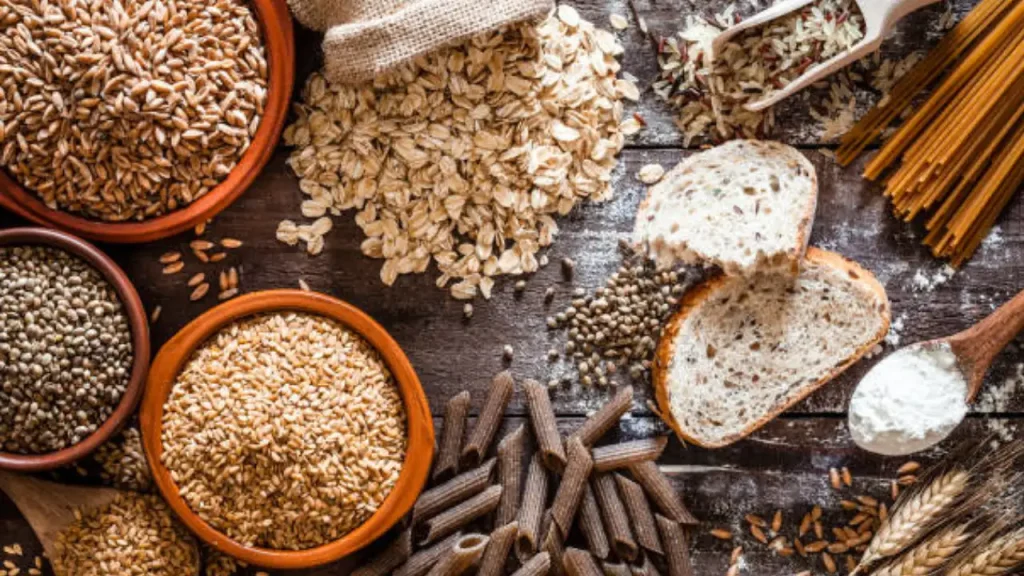Modern diets often focus on wheat, rice, and corn, yet the world holds a rich legacy of ancient grains that once fed civilizations. These forgotten grains are making a quiet return, not only for their nutritional benefits but also for the cultural stories they carry. Exploring them is like opening a window to humanity’s agricultural past.

Ancient Grains with Timeless Value
- Teff – a tiny grain from Ethiopia, the foundation of injera bread, rich in iron and protein.
- Amaranth – a sacred grain of the Aztecs, banned during colonial times but now celebrated for its resilience.
- Fonio – cultivated in West Africa for over 5,000 years, light and gluten-free, symbolizing abundance in local traditions.
- Millets – once central in Asian and African diets, now rediscovered as climate-friendly crops.
- Spelt – an ancestor of modern wheat, valued in Europe for its nutty taste and digestibility.
More Than Nutrition
These grains are not just food – they are heritage. For many communities, growing them preserves ancestral farming methods and local identity. Each seed carries centuries of knowledge about survival, adaptation, and respect for the land.

The Decline and Rediscovery
Colonialism, industrialization, and the rise of global monocultures pushed many traditional grains aside. Wheat, rice, and corn became dominant, leaving other crops forgotten. Today, as the world faces climate change and health concerns, people are turning back to these resilient and nutritious grains.
Grains of the Future
Forgotten grains are gaining new life in modern kitchens. Chefs experiment with fonio salads, amaranth porridge, and teff pancakes. Health-conscious eaters embrace them for being gluten-free, protein-rich, and sustainable. Farmers revive them as alternatives that require less water and withstand harsh climates.

A Taste of History
Eating these grains is more than trying something new – it is a way of reconnecting with history. Every bite is a reminder of the diversity of human culture and the wisdom of ancient farming.
Forgotten grains may soon become the foods of the future, carrying with them the stories of the past.
Contact Information:
Address: Kenyatta Avenue, Nairobi, Kenya
Phone: +254 20 2219578
Notice:
We use cookies to improve your experience. By accepting, you agree to the use of analytics and personalized ads. By staying on our website, you consent to the transfer of your information.
